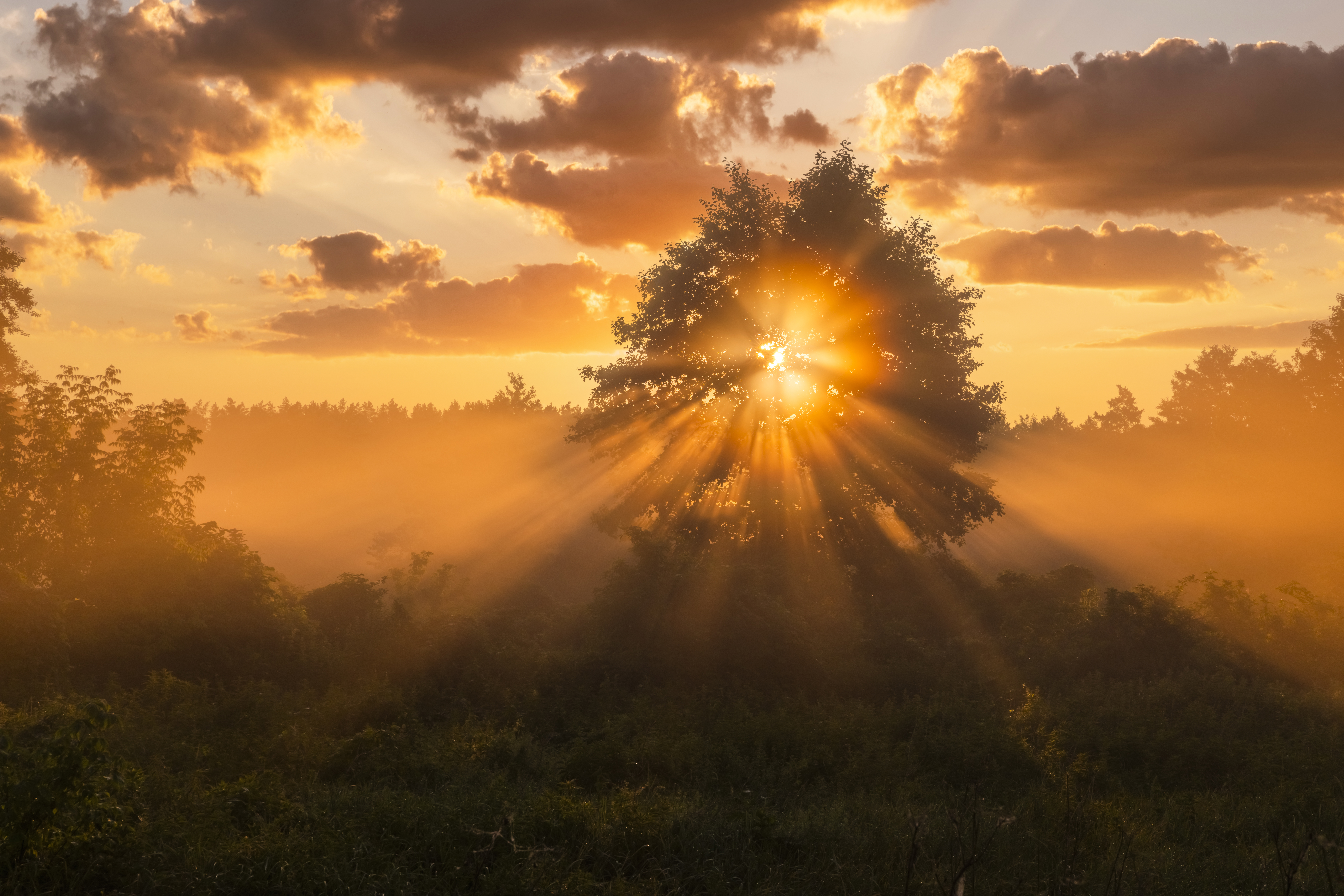
A 68 year old should be well into enjoying the promised upswing in the happiness age curve. Numerous studies show the curve bottoms out in a person’s forties and achieves euphoric heights in their seventies. I’m not feeling it, however. The current state of the world brings despair. Usually, literature is a trusty refuge. To escape into a good novel is to leave idle cares behind for a spell, but that has failed me.
Revisiting Brideshead, for instance, I was struck by an idyllic scene early in Sebastian and Charles’s bromance. Sebastian, ‘without warning, turned the car into a cart track and stopped… on a sheep-cropped knoll under a clump of elms, we ate strawberries and drank the wine … and we lit fat Turkish cigarettes and lay on our backs. “Just the place to bury a crock of gold,” said Sebastian.’
How much have times changed from this Arcadian bliss?
‘Sebastian will have inheritance-tax concerns, wealth-tax issues and may have to become non-dom’
In a deteriorating international security situation, when prime ministers talk about putting the economy on a war footing, it would make great sense for Lord Marchmain’s son to wake up from his daydream and bury that gold, not merely fantasise about it. Depending on his younger son’s portion, he will have inheritance-tax concerns, potential wealth-tax issues and, as in the book, he may have to become non-dom to escape the taxman, as well as his family. Your sheep-cropped knoll will trouble any young person with a bristling eco-conscience who has encountered George Monbiot and his dim view of over-grazing.
The wine was Chateau Peyraguey, a Sauternes now beyond the pocket of most picnickers, perhaps even Lord Flyte’s. Perhaps he’d roll a spliff instead, but not with Turkish tobacco. The health police have made proper Turkish cigarettes unobtainable — the last one I smoked had been bequeathed to a friend by his late father, wrapped in tissue paper like a precious relic. The same people who interfere with smoking allow us to consume strawberries that carry the most pesticidal ‘forever chemicals’ of any fruit in the shops.
There are almost no elm trees left, with ash soon to follow. Here, we have lost a beautiful specimen of single-leaf ash. As it is a distinct species, we had hoped it might survive, but the crown shows dire signs of the dieback. Tree surgeons have never been busier, like the searchers who bore away the bodies of the plague dead. Ours cheerfully tells me he can foresee a day when only sycamore will stand among the great hardwoods. Call me Eeyore, but I don’t find a lot to laugh at in there.
'There is still beauty and hope in the natural world sufficient to lift the spirit'
In a bit of a brown study, I went to pay homage to an ancient wych elm that remains, high up in the jauntily named Glen of the Nipple (Gleann na Ciche), off Glen Affric. About 300 years old and preserved by its remoteness, this heroic survivor’s gnarled and hollowed trunk still bears foliage. The Forestry Commission has planted disease-resistant wych-elm seedlings nearby to encourage cross-pollination and genetic diversity. Then I came upon a mass of wild orchids: heath-spotted, northern march and possibly the rare Pugsley’s. There is something thrilling in finding these jewels in the heather.
Exquisite houses, the beauty of Nature, and how to get the most from your life, straight to your inbox.
Enough of the glooms. There is still beauty and hope in the natural world sufficient to lift the spirit. When it slumps, I shall perhaps emulate Lord Emsworth and ask my butler — therein lies another problem — to stick to reading me to sleep with my favourite recipes.